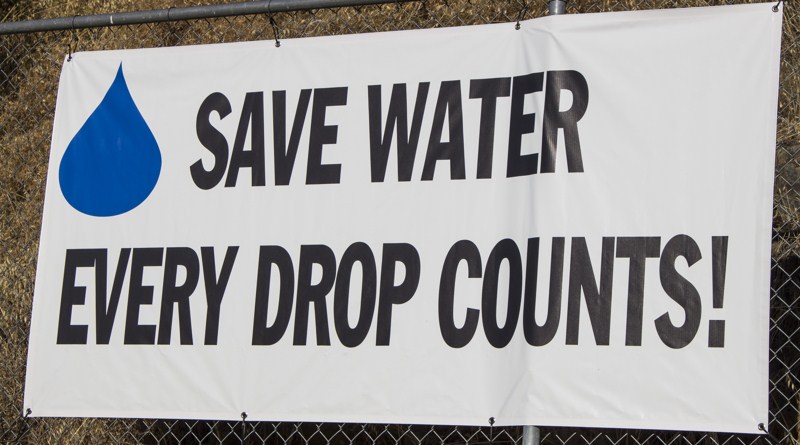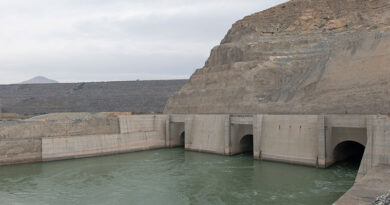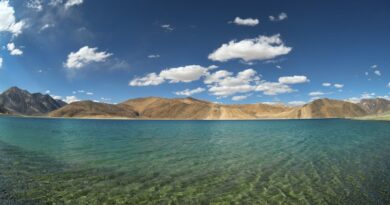Vice President Naidu calls for nationwide movement for water conservation

Vice President Venkaiah Naidu has called for a nationwide movement for the conservation of water, urging people to become water warriors and save every drop of it as part of collective action to avert a major water crisis.
Virtually addressing a programme on water conservation, Naidu called upon scientists to solve the challenge of water shortage by exploring innovative methods, while making an appeal to icons in cinema, sports, politics and other fields to help turn water conservation into a mass movement.
The water crisis affects the public in many adverse ways and women and children are the worst affected by it. Referring to the projections that by 2025, half of the world’s population will be living in water-stressed areas, Naidu said such a situation should not be allowed to continue as it may jeopardize the future of humankind.
Mentioning a UN report, the Vice President said around 2.2 billion people currently did not have access to safely managed drinking water, and around 4.2 billion, or 55 per cent of the world’s population, were currently living without safely managed sanitation.
“Women spend over 200 million hours every day to fetch water from distant places. Sharing the burden with their mothers, globally children spend 200 million hours each day for collecting water”, he added.
Pointing to some of the factors leading to water crisis, Naidu said rapid urbanization, growing population, expanding industrial and agricultural activities, indiscriminate drilling of borewells, climate change and careless use of water were some of the factors leading to water shortages.”
“The water situation in India is also worrisome and we cannot remain complacent by adopting a ‘chaltha hai’ attitude”, Naidu noted.
The Vice President appealed to take a pledge to protect every pond, river, spring and brook from plastic bags, detergents, human waste, garbage and industrial effluents.
He urged the farmers to adopt economical irrigation methods, manufacturing units to commit to saving water and people to turn off taps after use. “Conscious efforts need to be made at the household level and by communities, farmers, institutions, industries, and local bodies to supplement the efforts of governments and non-governmental bodies in promoting water conservation,” he added.
Naidu advised taking sustained measures to prevent pollution of water bodies, contamination of groundwater and proper treatment of domestic and industrial wastewater. “Micro-irrigation practices like drip and sprinkler systems have to be promoted in a big way for efficient use of water for agriculture,” he added.


